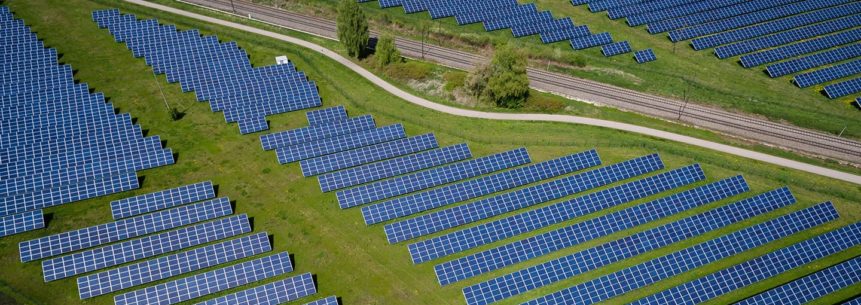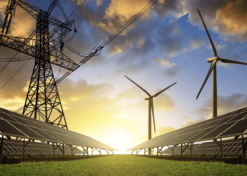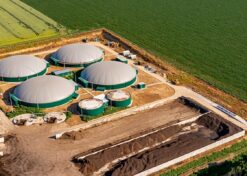
Regional township energy farming
Regional township energy farming | 7th November 2019Energy Farming
written by Jim Snow, Executive Director Oakley Greenwood
Adjunct Professor, University of Queensland Energy Initiative
It continues to surprise me that energy policy makers and agencies, after having done a lot of the heavy lifting on reducing the costs of renewables, do not then look for or see the fantastic new opportunities that have been created. We seem to be so easily seduced by big picture developments and programs in order to achieve “scale” and “financial close” adopting an almost banker-based approach, and yet not grab the newly exposed low hanging fruit.
It is the aspect of being mindful or alert to how change can drive even more change – the ripple effect if you like – after passing the cost thresholds of new technologies.
The simple example is providing whatever subsidies are available for renewable energy generation to township/regionally owned Councils or energy cooperatives – to regional locals.
By definition renewable generation at major scale has to be undertaken outside the main cities where it will be ultimately consumed – it is simply a fact – you need the land at reasonable prices for starters, and competition for land use in the cities means regionally based generation.
And, a lot of these regional towns are also on the edge of grids and naturally get a lower level of service reliability – long rural or regional feeders have always had this issue although battery technology is changing that – but it just makes sense to feed the renewable power into the grid at the outer edges. Again, everyone wins if you can export from there or even just load shed the regional town effectively – and still use the local distribution systems but with higher reliability.
And it is well documented that regional energy supply has been so expensive that it requires regular subsidies. Often called Customer Service Obligations, to ensure that the regional folks get electricity at the same price as those in the cities no matter what it costs to get it there. It has been a long-standing equity approach politically. However, this is also a tax drain every year on States – not just a one-off subsidy. What a great source of dollars to kick start these Councils or regional energy cooperatives into their own renewable energy farming endeavours with the knowledge that future subsidies are either eradicated or really heavily reduced, and that is without even thinking about renewable energy subsidies that could also be applied.
And these areas are often heavily drought or even flood affected (did someone mention climate change) and in many areas struggle with traditional farming activities for these and a whole range of other reasons. The move to solar farming may well be a lot more sustainable for these groups than trying to prop up forever struggling agricultural endeavours – no matter how great the intentions – a change to energy framing is just sensible and probably way less onerous for the people involved. After all they will already have the land available – just for a different use.
And then the money stays in the region – it would change the narrative of the regions – it would stop money going largely to corporates and overseas owners of large renewable power stations that are built in the regions, although they could (and probably would) still participate. These plants are and will be built in their very back yards with very little ongoing benefit to our regional communities. The question arises as to why are we subsidising this or providing financing when we have such an easy solution to so many other problems, solutions that come on the back of the policy drive to date?
And then there is the additionality to consider. The regions could also become the largest producers and exporters of hydrogen in our economy where they have the water rights or access to a reliable water or waste water supply and could use it to power up after dark or when the wind does not blow. Similarly, they could produce biofuels for the same purposes, or even renewable methane – farming for energy. And this could easily by symbiotic with renewable power generation on the same properties.
There is no limit to what could be considered if the energy cooperative type model could be supported for regional folk. Batteries at scale could also be easily added to assist with more efficient and remunerative electricity trading and provision of reliability services, and back up (batteries as a business). Reliable renewable supply could also tempt businesses to these areas.
It all sounds a lot more exciting than what we see right now for the regions but needs urgent support before we see the opportunities foreclosed by private sector businesses – and again these investors could be the best partners in this type of development so it is not as if they would be shut out. Our initial analysis shows this change could be a huge winner for States, for the regions and for the Commonwealth and is well worth a lot more detailed examination.



